How to become a game developer: The step-by-step guide
Understand the Different Roles in Game Development
The first step in becoming a game developer is to understand the various roles and responsibilities within the field. Common game development roles include:
Game Designer: Responsible for designing gameplay mechanics, levels, characters, and storylines.
Game Programmer: Develops the code that brings the game to life, working on areas like artificial intelligence, physics, and graphics.
Game Artist: Creates the visual elements of the game, such as characters, environments, and user interfaces.
Game Producer: Manages the game development process, ensuring that projects stay on schedule and within budget.
Obtain Relevant Education
Although formal education is not always required for game development roles, having a degree or certificate in a relevant field can help you stand out in the job market. Consider pursuing education in areas such as:
Computer Science: A degree in computer science can provide you with a strong foundation in programming, algorithms, and software development.
Game Design and Development: Many colleges and universities offer specialized game design and development programs that focus on the specific skills needed for the gaming industry.
Art and Animation: For aspiring game artists, a degree in art or animation can help you develop your creative skills and learn industry-standard software tools.
Learn Programming Languages
To become a game developer, it's crucial to learn programming languages commonly used in the industry. Popular languages include:
C++: Widely used in game development for its performance and flexibility, C++ is a must-learn language for aspiring game programmers.
C#: Commonly used in Unity, one of the most popular game engines, C# is a versatile language that's accessible for beginners.
Python: While not as widely used in game development, Python is an excellent language for beginners due to its simplicity and readability.
Gain Experience with Game Engines
Game engines are software frameworks that make it easier to create and develop games. Familiarize yourself with popular game engines such as:
Unity: Unity is a versatile game engine that supports 2D and 3D development across various platforms. We even have a “Unity” tag on Hitmarker to make it easy to find relevant roles.
Unreal Engine: Unreal Engine is known for its high-quality graphics and powerful tools, making it popular for developing AAA games. We also have an “Unreal Engine” tag on Hitmarker.
Godot: Godot is an open-source game engine that's gaining popularity for its ease of use and flexibility.
Build a Portfolio
Having a strong portfolio is essential to showcase your skills and demonstrate your ability to create games. Consider the following tips when building your portfolio:
Create Personal Projects: Develop your own games or modifications for existing games to showcase your skills and creativity.
Participate in Game Jams: Game jams are time-limited events where developers create games based on a theme, providing an excellent opportunity to build your portfolio and network with other developers.
Showcase a Range of Skills: Include a variety of projects in your portfolio to demonstrate your versatility and adaptability.
Network with Industry Professionals
Networking is essential for breaking into the gaming industry. Attend industry events, join online forums, and participate in social media groups to connect with other professionals and learn about job opportunities. It’s worth following our LinkedIn and X accounts and participating in our Discord server to help with networking.
Apply for Internships or Entry-Level Positions
Internships and entry-level positions are valuable opportunities to gain hands-on experience in the gaming industry. Look for positions that align with your interests and career goals, and be prepared to work your way up within the company. Some entry-level positions include:
Junior Game Programmer: Work alongside experienced programmers to develop and debug game code.
Junior Game Designer: Assist with designing game mechanics, levels, and user interfaces under the guidance of senior designers.
Quality Assurance Tester: Test games for bugs and provide feedback to help improve gameplay and user experience.
Game Artist Assistant: Create art assets for games while learning from experienced game artists.
Continue Learning and Developing Your Skills
The gaming industry is constantly evolving, making it essential to stay up-to-date with the latest news, tools, technologies, and trends. Continuously improve your skills through online courses, workshops, and self-directed learning.
Be Persistent and Resilient
Breaking into the gaming industry can be challenging, and you may face rejection or setbacks along the way. Remain persistent in your job search and continue to develop your skills and portfolio to increase your chances of success.
Conclusion
By following this step-by-step guide, you'll be well on your way to becoming a game developer. Keep learning, building your portfolio, and networking with other professionals in the industry to maximize your chances of landing your dream job in game development.
-
 Landing a Summer Internship in the Video Game Industry: The Ultimate Quick Guide
Landing a Summer Internship in the Video Game Industry: The Ultimate Quick Guide -
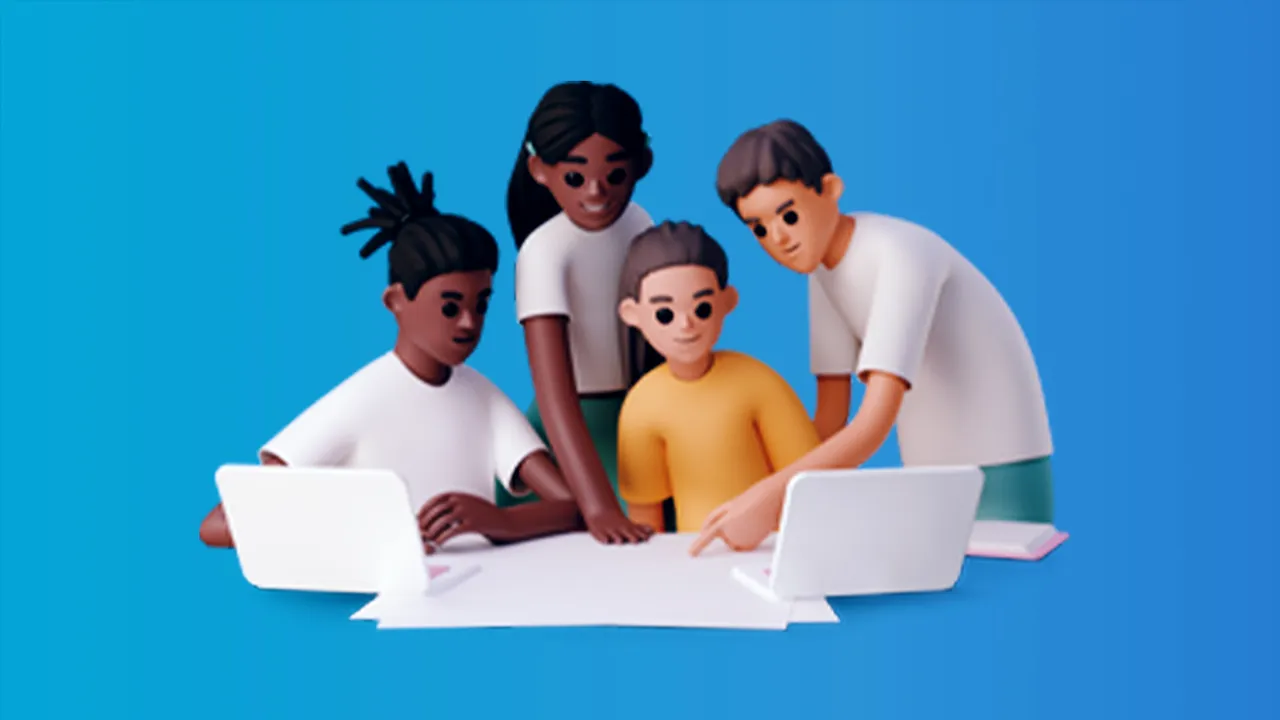 Entry-level Jobs in the Video Game Industry: The Ultimate Guide
Entry-level Jobs in the Video Game Industry: The Ultimate Guide -
 Junior-level Jobs in the Video Game Industry: The Ultimate Guide
Junior-level Jobs in the Video Game Industry: The Ultimate Guide -
 Intermediate-level Jobs in the Video Game Industry: The Ultimate Guide
Intermediate-level Jobs in the Video Game Industry: The Ultimate Guide -
 Senior-level Jobs in the Video Game Industry: The Ultimate Guide
Senior-level Jobs in the Video Game Industry: The Ultimate Guide -
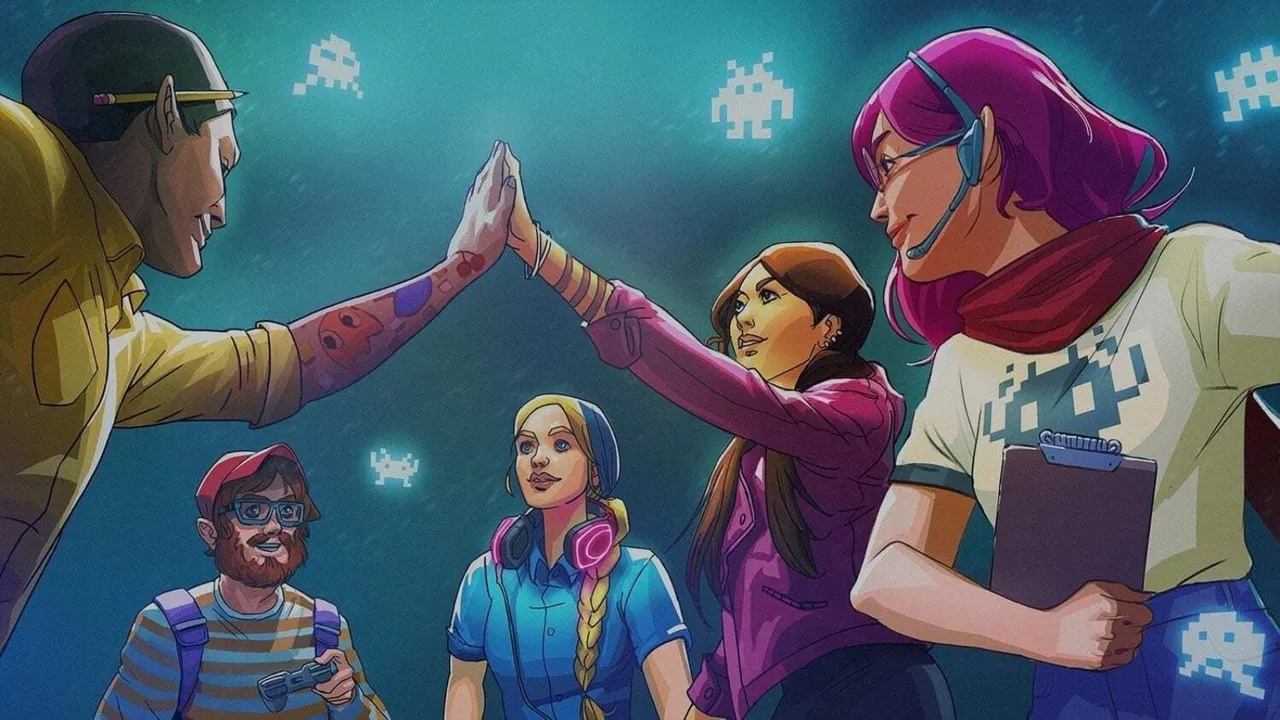 Getting into gaming: Strategies for landing your first game development job with Katherine Mould of Keywords Studios
Getting into gaming: Strategies for landing your first game development job with Katherine Mould of Keywords Studios -
 Art and Animation Jobs in the Video Game Industry: An Overview
Art and Animation Jobs in the Video Game Industry: An Overview -
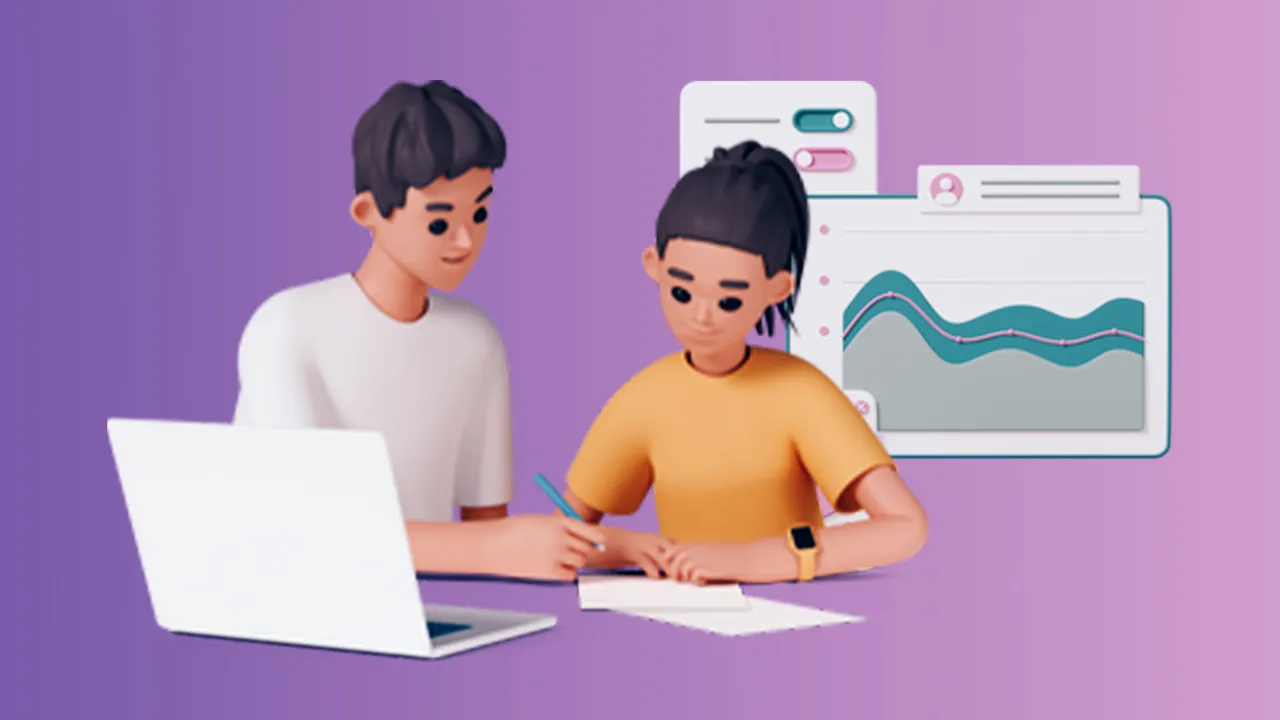 Business Operations Jobs in the Video Game Industry: An Overview
Business Operations Jobs in the Video Game Industry: An Overview -
 Communications and Marketing Jobs in the Video Game Industry: An Overview
Communications and Marketing Jobs in the Video Game Industry: An Overview -
 Content Creation Jobs in the Video Game Industry: An Overview
Content Creation Jobs in the Video Game Industry: An Overview -
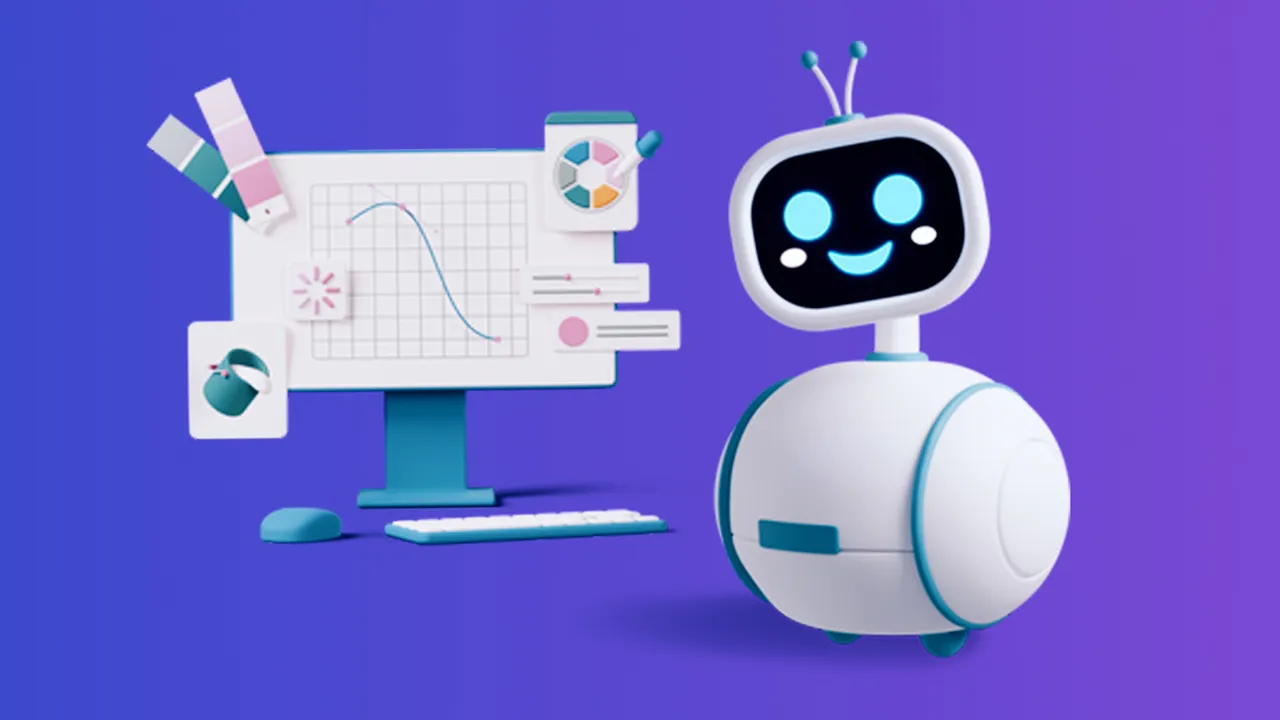 Game Design Jobs in the Video Game Industry: An Overview
Game Design Jobs in the Video Game Industry: An Overview -
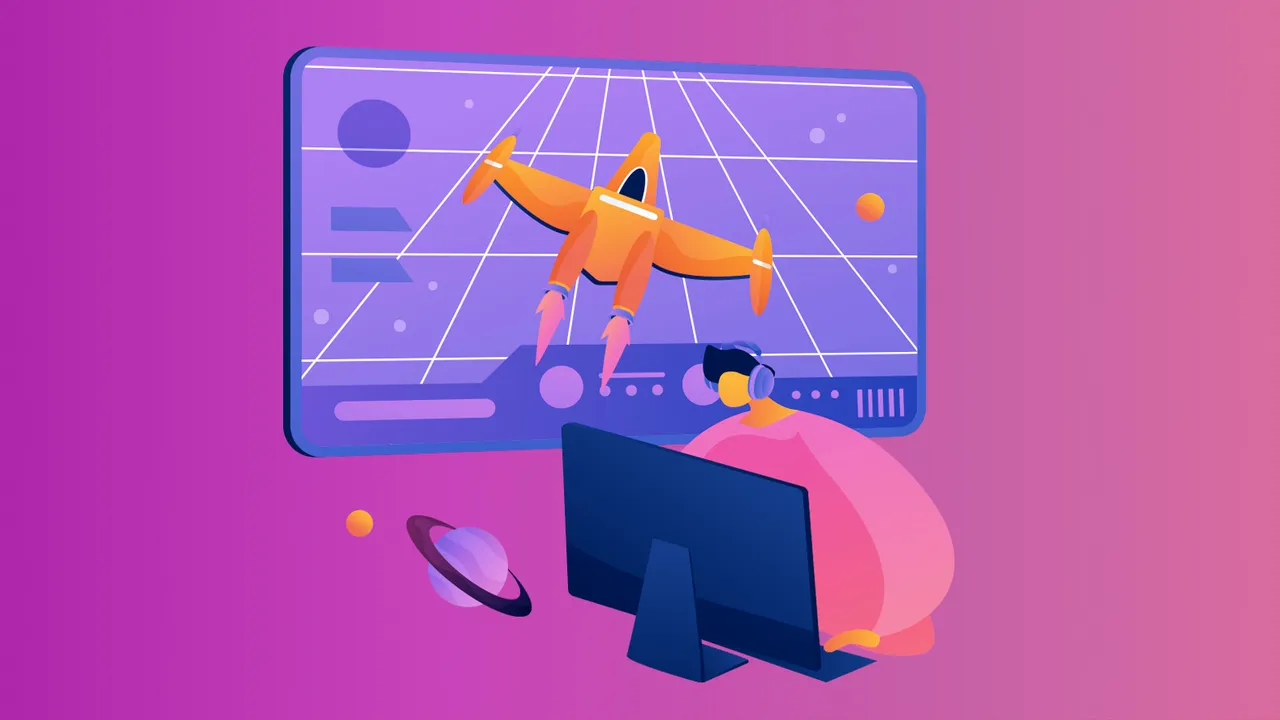 Game Development Jobs in the Video Game Industry: An Overview
Game Development Jobs in the Video Game Industry: An Overview